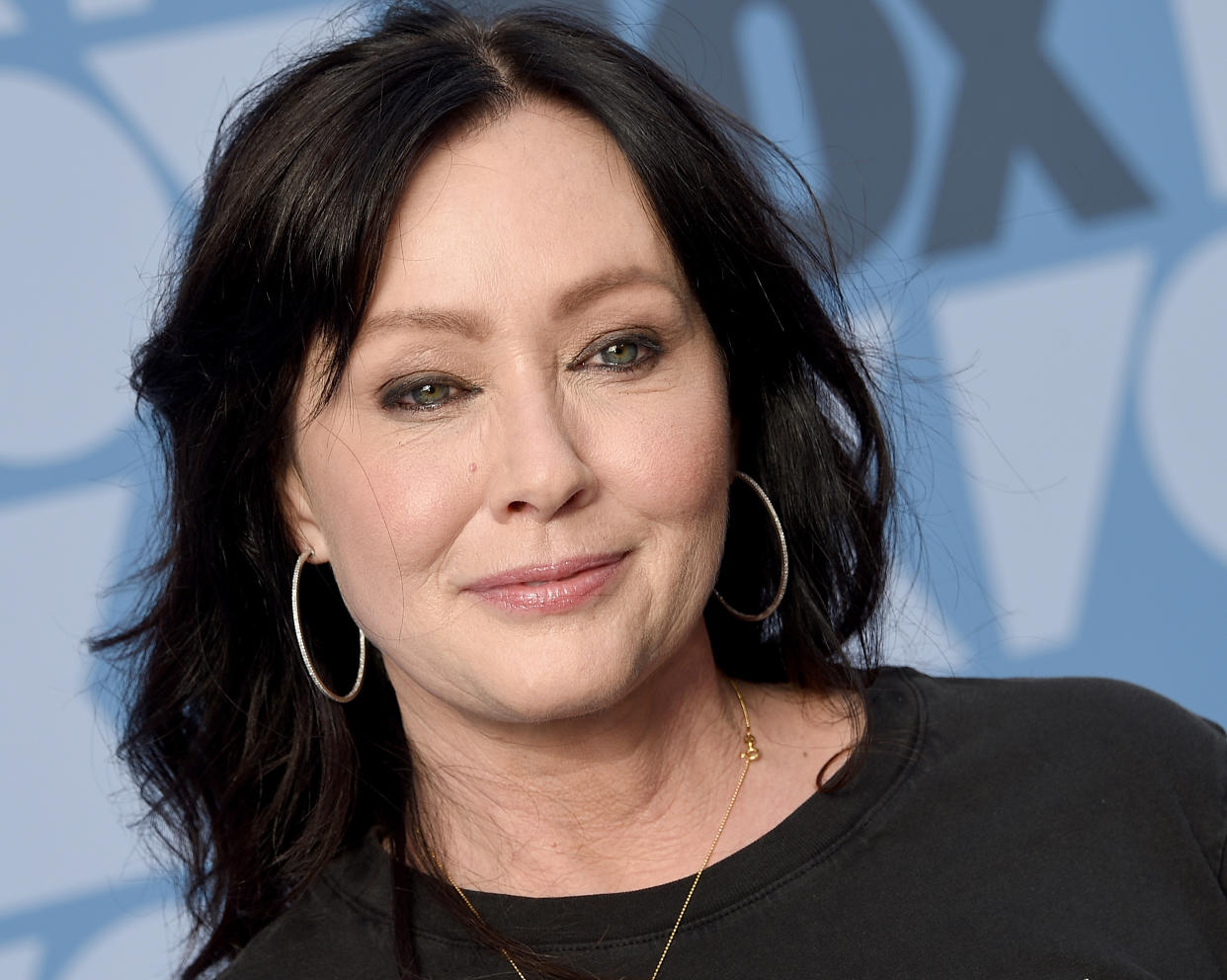Shannen Doherty reveals she has stage four cancer, what does this mean?

Actress Shannen Doherty has revealed she has stage four cancer.
The Charmed star told Good Morning America she was “petrified” after the disease she thought she had overcome returned.
READ MORE: BBC presenter with 'incurable cancer' is free of the disease
Doherty was diagnosed with breast cancer in 2015 and went into remission two years later.
The aggressive disease has since come back, spreading beyond the breasts.
Doherty decided to tell all ahead of the release of court papers that allegedly detail her condition. The actress is involved in a law suit against an insurance company over wildfire damage to her home.
.@ABC NEWS EXCLUSIVE: @DohertyShannen opens up about her private health battle. “I’m stage four – my cancer came back.”@arobachhttps://t.co/IvsAr3odaj pic.twitter.com/Amhcm7x5Q4
— Good Morning America (@GMA) February 4, 2020
“It’s going to come out in a matter of days or week that I am stage four, my cancer came back and that’s why I am here,” Doherty said.
“It’s a bitter pill to swallow in a lot of ways.
“I'm petrified.”
What is stage four cancer?
Stage four cancer is the most advanced form of the disease.
It is defined as tumours that have spread from where they started to another organ, according to Cancer Research UK.
This is also known as secondary or metastatic cancer.
In general, higher-grade cancers - on a scale of one-to-four - tend to be faster growing.
READ MORE: The cancers on the rise - and the decline - in the UK
With stage four breast cancer, the disease has moved beyond the breast, underarm and internal mammary lymph nodes, according to the Cancer Treatment Centers of America.
It most often spreads to the bones, brain, lungs and liver, it adds.
When cancer is just in one place, doctors may recommend a localised treatment, like radiotherapy or surgery.
Once it has spread, treatment may need to circulate throughout the body, like chemotherapy.
When cancer has metastasised but it is still relatively “local” to a particular part of the body, it can sometimes be cured, a doctor told Forbes.
This is not the case “most” of the time, however, the medic adds.
In more severe cases, multiple organ failure can occur “due to [them] being overwhelmed by [a] massive numbers of cancer cells”.
“Stage IV cancer patients seldom die from isolated organ failure, but rather from a combination of partial malfunctions - or more frequently, from cachexia,” Forbes reported.
Cachexia is defined as weakness and wasting of the body due to severe chronic illness.
Treatment can help to “regress” a “portion of the total cancer burden”, prolonging a patient’s life.
Once the disease has reached multiple cells, however, it may not respond to just one approach.
If the cancer is beyond “cure”, palliative care helps to relieve symptoms, enabling patients to live as comfortably as possible.
Symptoms, treatment and prognosis varies according to the individual case.
Find out more about the different stages of cancer on Cancer Research UK’s website.


